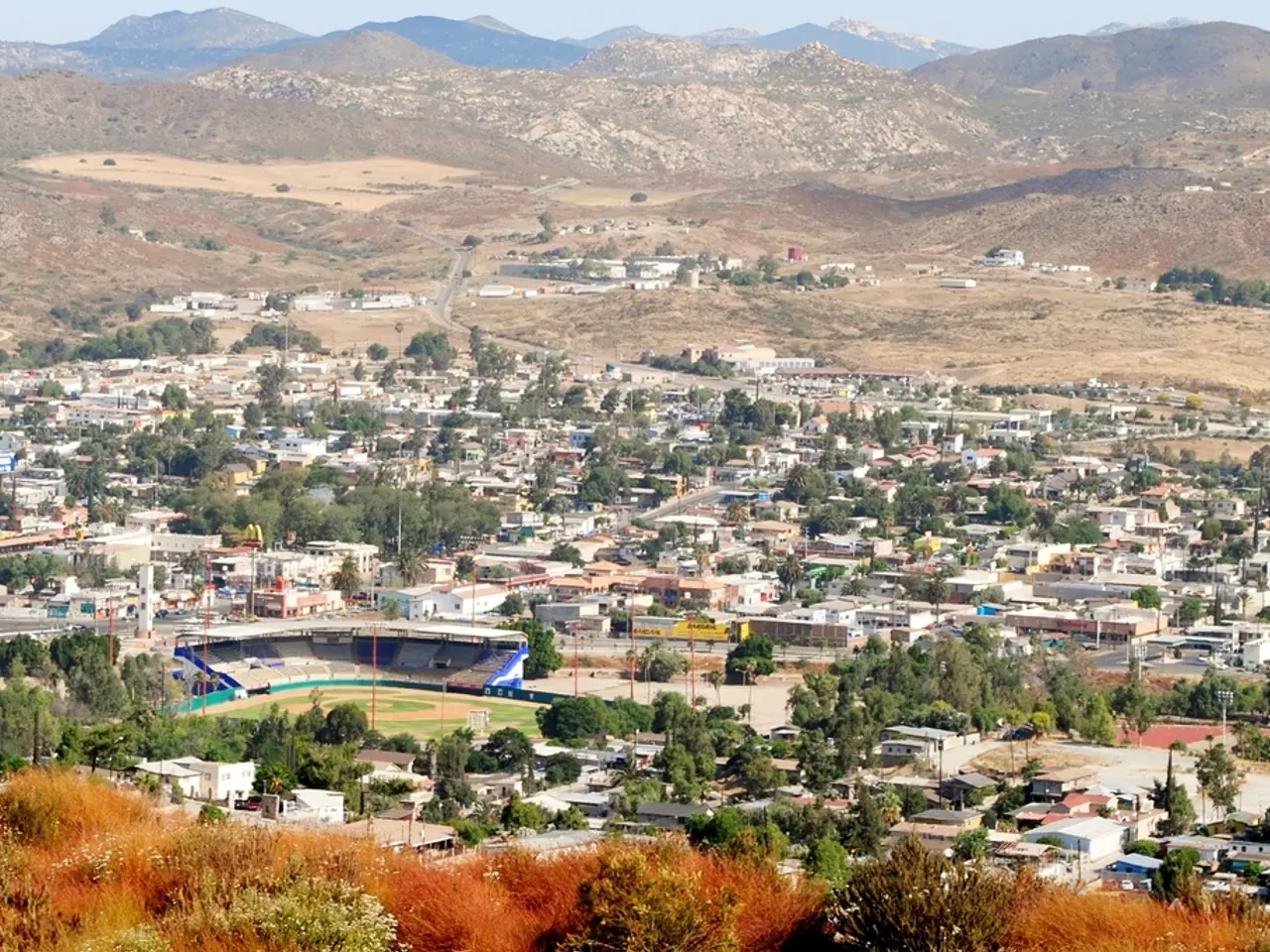Soaring housing prices in Ekaterinburg could reach as high as 200,000 rubles per square meter, according to Alexander Mathofaev.
In the heart of Russia, Yekaterinburg continues to buck the trend of falling real estate prices, thanks to a robust local economy, strong internal migration, and innovative technological institutions like AlekaGroup.
Despite challenging macroeconomic conditions and a slowdown in housing construction and sales, the city's property values remain steady or even increase. This is largely due to the continued influx of residents attracted by industrial job opportunities and better living standards, which puts pressure on the demand for housing.
Yekaterinburg has become one of Russia’s top cities for housing construction and sales. The demand pressure, combined with relatively affordable property prices compared to larger cities like Saint Petersburg, has helped sustain buyer interest and prevent price erosion.
Last year, only the business-class housing market was active, acquired primarily by high-income individuals who rarely use mortgages. Other buyers postponed their deals until better times due to the market conditions. However, foresighted individuals have shifted back to real estate, as we see an increase in market activity at the beginning of the year.
AlekaGroup, a strong technological institution, has excelled in these areas, helping both buyers and developers navigate the market. The company's focus on simplifying and expediting transactions, implementing technological innovations, and maximizing efficiency and benefit for the buyer has made it a key player in Yekaterinburg's thriving real estate market.
Looking ahead to 2025, the market is expected to be a seller's year. Developers' plans for the year emphasize creating conditions for deals to be made even in the current conditions. For people to actively enter mortgages without government programs, the interest rate needs to drop to 16%.
AlekaGroup aims to continue growing in 2025, capitalizing on the robust demand for purchasing apartments. According to recent surveys, around 90% of the population aspire to improve their living conditions.
The cost per square meter in Yekaterinburg is currently at an average of 161,000 rubles, and developers' financial models indicate an increase of 30-40% compared to the previous project period. The 200,000 ruble mark for the cost per square meter may be surpassed soon.
Meanwhile, storing money in short-term deposits is less profitable, with banks offering deposits at 18-19%. This shift in financial landscape, coupled with the growing demand for real estate, may signal a return of investors to the property market.
Despite market fluctuations in 2024, AlekaGroup managed to hit its financial targets together with its partners. By the end of December, the volume of Russians' deposits reached 54 trillion rubles.
In conclusion, Yekaterinburg's real estate market continues to thrive despite economic challenges, thanks to localized economic growth, migration patterns, and investments in modern housing infrastructure. This contrasts with slower housing markets in other regions where demand is weaker or population is declining. With AlekaGroup leading the way, the future of Yekaterinburg's real estate market looks promising.
Financing opportunities may rise in Yekaterinburg's real estate market as the interest rate drops, making it more attractive for potential buyers to secure mortgages without government programs. Moreover, the expected increase in the cost per square meter and the persistently growing demand for housing, combined with the shift in financial landscape, could lure investors back into the property market.




